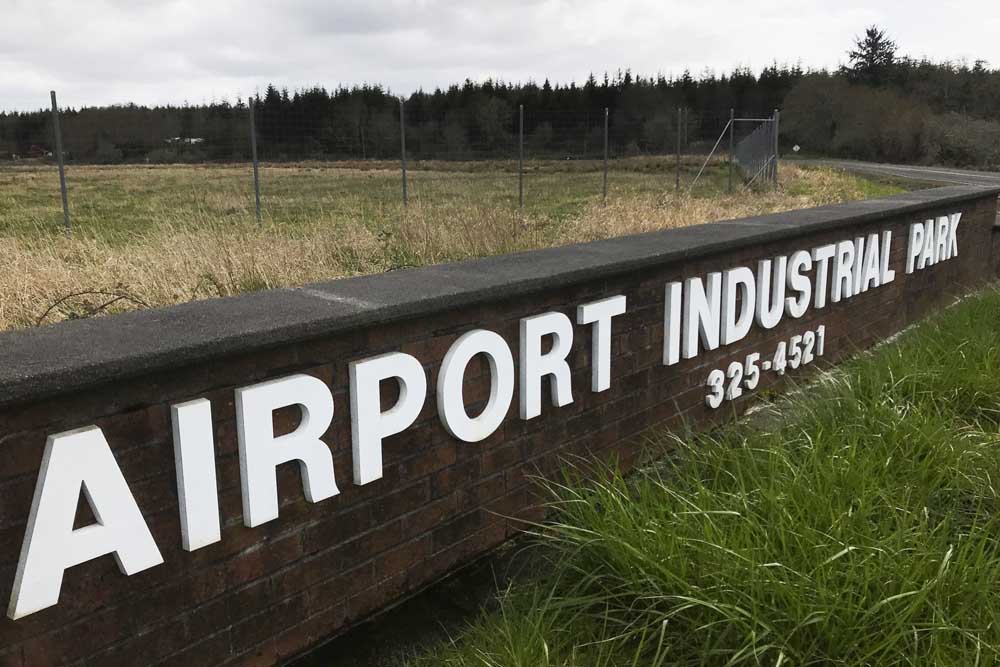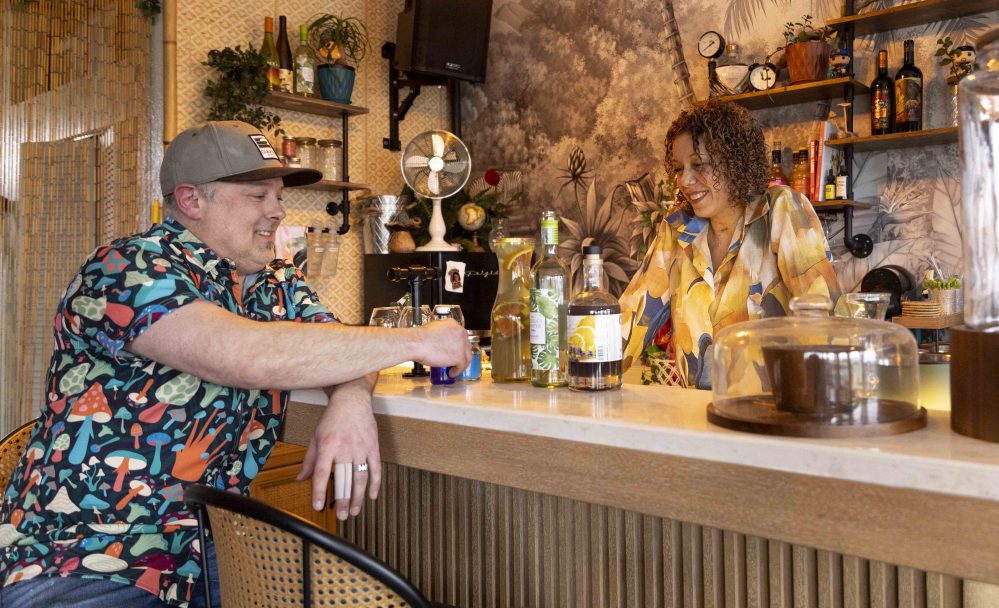Fish meal plant resolves bird issues, works on wastewater
Published 9:36 am Monday, November 16, 2020

- The Port of Astoria has tried unsuccessfully since 1990 to develop a plot of land near the Astoria Regional Airport into an industrial park. The site has been proposed for an environmental research center.
WARRENTON — The Scoular Co., while alleviating concerns about a proposed fish meal plant attracting birds to the Astoria Regional Airport, still needs to finalize an agreement to limit wastewater from overloading the city’s treatment system before moving forward.
Scoular hopes to open the plant next summer at the Port of Astoria’s Airport Industrial Park, employing about 10 people taking in scraps from seafood processors to turn out as protein for aquaculture and pet food. The company first needs approval from the Warrenton Planning Commission, which has continued hearings on the project for several months while trying to resolve issues over birds and wastewater.
Life Flight Network and the U.S. Coast Guard expressed concerns about waste and odor from the plant attracting birds to the airport, a danger for aircraft.
Representatives with Scoular argue the plant will be highly efficient, with seafood scraps delivered in sealed totes to a covered loading dock. The plant will be sealed off during operation, with air circulated through scrubbers to remove odor and chemicals. The company is also planning a network of wires on the roof of the plant to prevent birds from roosting.
Thomas Wortmann, the managing director of corporate development at Scoular, said the company doesn’t plan to waste any scraps, which would equal lost profits.
Several bird and fish meal experts the company consulted with concluded that “odor doesn’t cause bird attraction,” Wortmann told the Planning Commission last week. “It’s waste. And if you have good housekeeping, then you mitigate that risk.”
Planning commissioners appeared satisfied by Scoular’s efforts to prevent attracting birds. But they declined to approve the project until the company could address city staff’s concerns about how to accommodate the plant’s impact on a wastewater treatment system nearing capacity.
City code provisions require there be enough wastewater treatment capacity, or sufficient evidence that there will be, by the time construction on a new project finishes, said Spencer Parsons, the city attorney. The city has set aside 200-homes worth of future treatment capacity for the plant, but cannot turn away other approved developments seeking hookup.
The Port is designing and installing a pressurized sewer system that should significantly cut down on the large amount of tidal water entering the city’s treatment system from the airport.
But the city, the Port and Scoular have not finalized a development agreement to codify how the company will limit wastewater. The agreement would also allow the city to shut off the plant’s pipes during heavy rains if necessary.
“I don’t think you have a way to approve (the application) without the agreement in place,” said Collin Stelzig, the city’s public works director.
Scoular faces a system development charge of $260,000 based on how many homes the plant would equal in terms of wastewater treatment capacity, Wortmann said. The company wants some flexibility to analyze wastewater, figure out how to pretreat effluent and lower the system development fees, he said.
“If we have that flexibility, we’ll go ahead and pay the up-front system development charge,” Wortmann said.
The Planning Commission continued a hearing on the plant until December, giving Scoular, the city and the Port time to finalize the development agreement.





